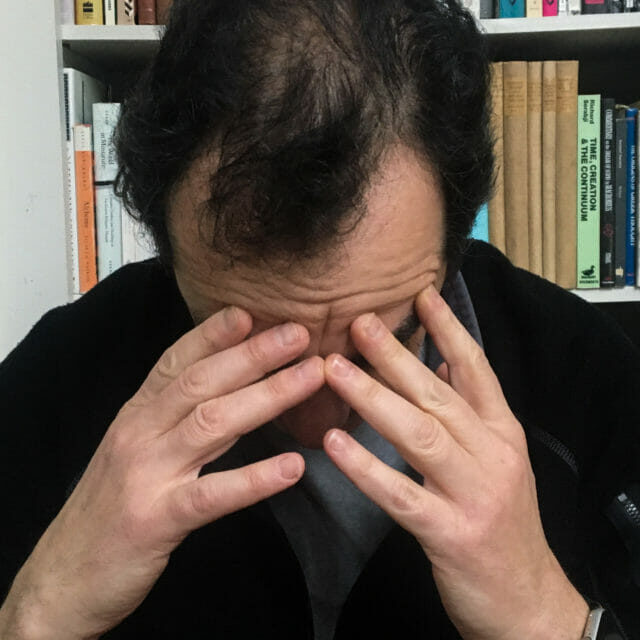
The burnout dilemma
Students are increasingly overwhelmed by university life
As the end of the year approaches, an increasing number of students and workers talk about burnout.
First-year student Keiren McClelland says she feels most overwhelmed after her classes. “As soon as I get back from class and walk into my dorm room I feel completely burned out, and as if I physically and mentally can’t do anything.”
University and class workloads, she said, is the biggest source of stress in her daily routine.
Dalhousie Health and Wellness Counseling Director David Pilon says the term “burnout,” while not a clinical term, is used to describe feeling overwhelmed, typically in workplace environments.
“It may equally apply to anyone who has felt overwhelmed by the demands of what they are trying to accomplish in life,” he said.
People who feel burned out may experience symptoms such as exhaustion, difficulty sleeping and concentrating, and a sense of despair, Pilon said. They also may “find themselves avoiding the things that may have to do in terms of work, study or household chores or avoiding people, which can all contribute to further distress for them.”
Not just a student issue
Students and staff generally feel the same amount of stress, but Pilon said people with more life experience might be in a better position to cope with the symptoms of burnout.
“Stress can be thought of as a helpful thing in that it teaches us to build resources and skills to cope with difficult times that we would not otherwise have. Too much stress, however, can overwhelm any of us.”
Burnout also has a lasting impact on a person’s physical and mental wellbeing. “If people experience greater degrees of burnout for prolonged periods, it could lead to mental health disorders including depression, anxiety or substance use disorders,” Pilon said.
To help students experiencing burnout, Dalhousie offers counselling services, online resources, and medical services for students. Staff members also have similar resources, such as mental health benefits through methods such as the Employee and Family Assistance Program and the employee wellness programs.
“Learning and strengthening skills to cope more effectively with stress, addressing any medical consequences, prioritizing life demand and activities can all be accessed here at Dalhousie,” Pilon said.
To stay motivated while feeling burned out, student Keiren McClelland said she tries to focus on her grades and think about her future after university life.
According to Pilon, some of the best ways for students and staff to combat burn out are to engage in self-care, relaxation periods, and exercise. His advice is also to set boundaries with one’s own expectations, balance demands, seek out professional help and ensure that one is getting enough sleep.
“Fortunately, there are many things that we all can do if we experience burnout.”






